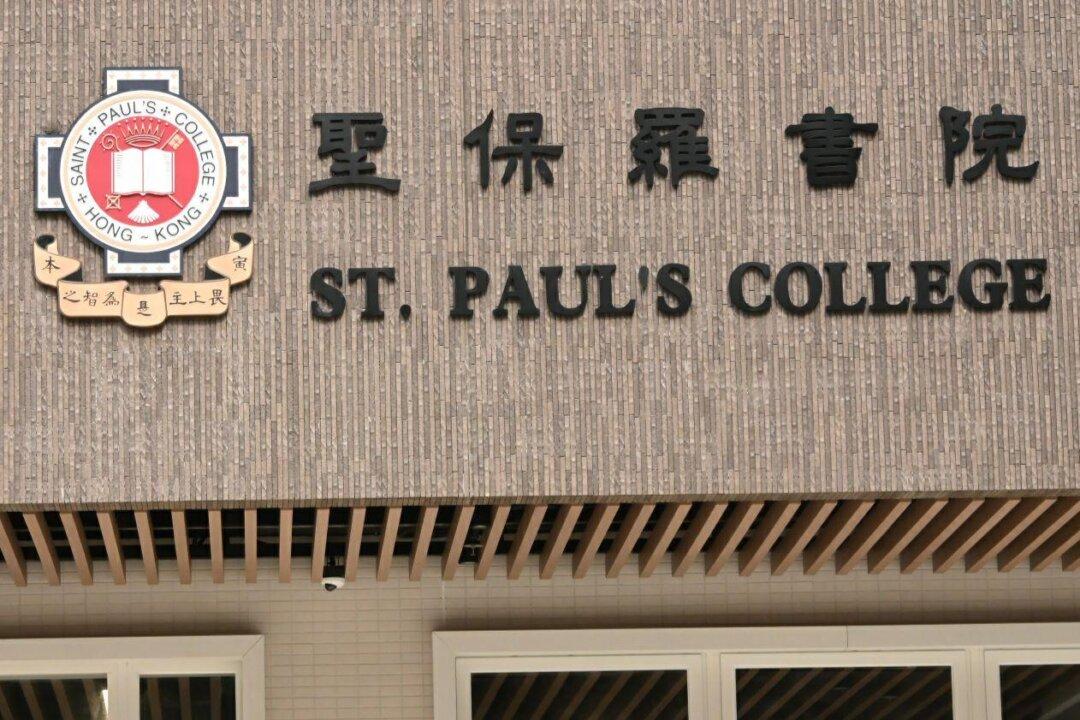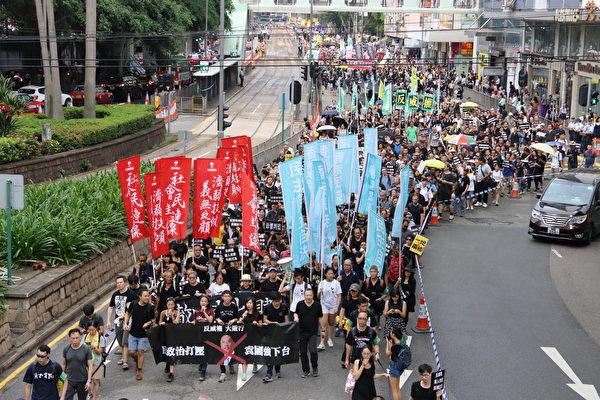HONG KONG—MTR Corporation signed a contract with a mainland Chinese company to build new trains after they knew the trains Singapore bought from the same company were found to have quality problems, according to FactWire’s reports in early July 2016.
Anthony Cheung Bing-leung, Secretary for Transport and Housing, said the Bureau was not aware of quality problems with the trains until the report by FactWire was published.
However, FactWire later found out that Cheung received multiple emails from January to August last year complaining of an “underframe cracking problem” and “irregularities” in MTR’s tender procedure.
The emails pointed out that the regular tendering procedures for train contracts were not followed, and there were no factory visits or formal meetings with the potential suppliers. The email senders urged the Bureau to intervene in the tendering process and MTR to inspect and consider the contractors’ track record.
However, MTR still went ahead and ordered 93 new urban line trains from Qingdao CSR Sifang, costing HK$6 billion.
FactWire reported that the 35 C151A trains CSR Sifang manufactured for SMRT Trains in Singapore have been found to be faulty, with the glass next to passenger seats shattering, an uninterruptible power supply battery exploding during repair, and the train underframe sub-floor cracking.
MTR also ordered 9 CSR Sifang CRH380A train sets for the Guangzhou-Shenzhen-Hong Kong Express Rail Link (XRL) in 2012. These are due for delivery this September.
FactWire stated that it took only 9 months to complete the procurement process of the urban line trains, from inviting tenders to awarding the contract to CSR Sifang. For the past 10 years, MTR’s other open tenders of contracts for new trains have taken 14 to 15 months ─ in other words, the decision time of this recent tender was shortened by up to 6 months.
MTR aware of the problems
MTR explained on July 7, after the FactWire 2nd report was released, that they were already aware of the technical problems with the Singapore trains in 2014. They were told by Singapore’s Land Transport Authority that the defects would not be a safety issue.
However, LegCo and Sai Kung District Council member Gary Fan Kwok-wai, who is on the Traffic and Transport Committee, takes the poor quality of the trains very seriously. MTR Projects Director Philco Wong had claimed previously that there were no defects, but it turned out otherwise, Fan said.
“The government must find out why the Transport and Housing Bureau and the MTR Corporation went ahead to procure the trains in 2015,” Fan said. “The bureau was tipped off last year about the poor quality of their trains.”
LegCo member Michael Tien Puk-sun, who chairs the Kowloon-Canton Railway Corporation, suspects the Bureau was aware of the issues beforehand.
“The participants in a tender must be assessed. The rules currently do not require a bidder to disclose whether their trains have ever been recalled. That is utterly not right,” Tien said.
“What good is the tender if such important information about the bidder does not have to be disclosed?” said Tien.
Tien also questioned why MTR did not diversify the risks and instead placed a big order for trains with a single company.
“Hong Kong places high value on quality. Wouldn’t you agree that it doesn’t matter if we pay slightly higher? As Hongkongers, we don’t always insist on getting the cheapest,” said Tien.
He has written to MTR requesting an on-site visit to be arranged for LegCo members to observe the production process in Qingdao and to meet with CSR Sifang’s management.
Albert Lai, policy convener of an independent think tank, The Professional Commons asked “The problem with Singapore’s trains is already known, so why did MTRC continue with the procurement?”
“Why was the contract still awarded? Was sufficient checking done? The government needs to answer these questions. Was there negligence, or did someone try to lower standards to accommodate CSR Sifang?” Lai asked.
Collision in China





